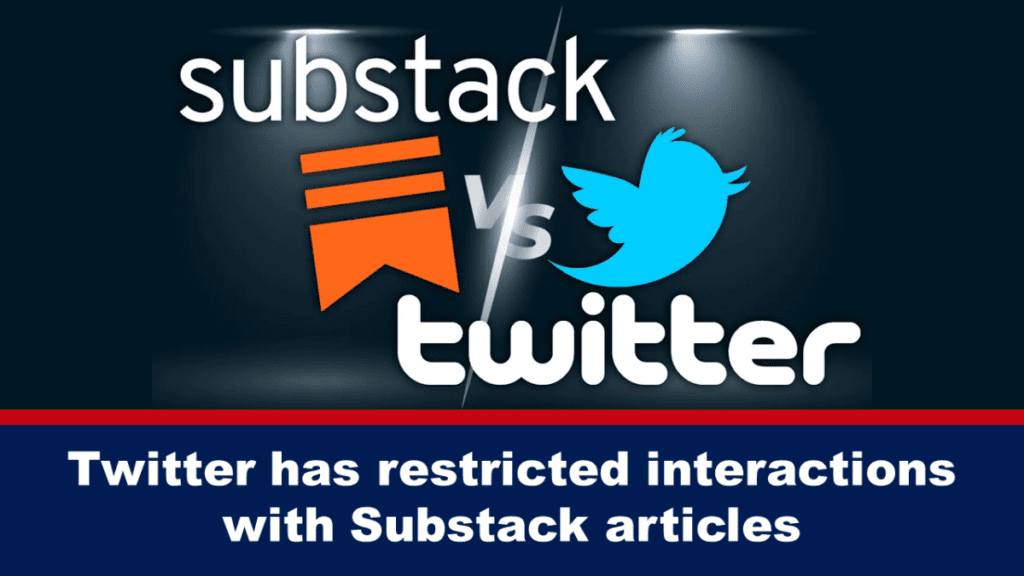

Online Privacy Comes to a Close
Introduction
The internet has revolutionized the way we live, work, and communicate. However, with the rise of social media and the increasing amount of personal information we share online, the concept of online privacy has become a thing of the past. In this article, we will explore the reasons why online privacy is disappearing and the implications this has for individuals and society as a whole.
The Rise of Social Media
One of the main reasons why online privacy is disappearing is the rise of social media. Platforms like Facebook, Twitter, and Instagram have become an integral part of our daily lives, and we use them to share everything from our thoughts and feelings to our personal photos and videos. While these platforms have made it easier for us to connect with others and share our lives, they have also made it easier for others to access our personal information.
Social media platforms collect vast amounts of data about their users, including their location, interests, and online behavior. This data is then used to target users with personalized ads and content, but it can also be used by third parties for more nefarious purposes. For example, hackers can use this data to steal identities or commit fraud, while governments can use it for surveillance and censorship.
The Impact on Individuals
The disappearance of online privacy has significant implications for individuals. For one, it can lead to identity theft and financial fraud, as hackers can use personal information to gain access to bank accounts and credit cards. It can also lead to reputational damage, as embarrassing or incriminating information can be shared online without our consent.
Furthermore, the lack of online privacy can have a chilling effect on free speech and expression. If individuals feel that their online activities are being monitored or censored, they may be less likely to speak out on controversial issues or express their true opinions. This can have a negative impact on democracy and the free exchange of ideas.
The Impact on Society
The disappearance of online privacy also has significant implications for society as a whole. For one, it can lead to increased social inequality, as those who are more vulnerable to identity theft and fraud may be at a disadvantage. It can also lead to a loss of trust in institutions, as individuals may feel that their personal information is not being protected by companies or governments.
Furthermore, the lack of online privacy can have a negative impact on innovation and creativity. If individuals feel that their ideas and creations are not being protected, they may be less likely to share them online or pursue careers in creative fields. This can have a negative impact on the economy and society as a whole.
Conclusion
In conclusion, the disappearance of online privacy is a complex issue with significant implications for individuals and society as a whole. While there are no easy solutions, it is important for individuals to be aware of the risks and take steps to protect their personal information online. It is also important for companies and governments to take responsibility for protecting user data and ensuring that online privacy is respected. Only by working together can we ensure that the internet remains a safe and open space for all
Original article Teaser
The End of Online Privacy
Privacy – one of the most fundamental rights in any free society – is under threat from the U.K. Government’s Online Safety Bill, which is currently making its way through the House of Lords, writes Conservative MP David Davis in Spiked. The central issue is the undermining of encryption. Here’s an excerpt. Encryption might sound like a niche technical term, but it lies at the heart of communication in the modern world. Anyone who uses WhatsApp, Signal or similar apps benefits from it. Journalists, whistleblowers and political dissidents all rely on it. And so does our financial system. Without encryption, transactions and trades would be incredibly vulnerable. What’s more, our national security depends on encryption. It allows the sharing of sensitive
Details to The End of Online Privacy









